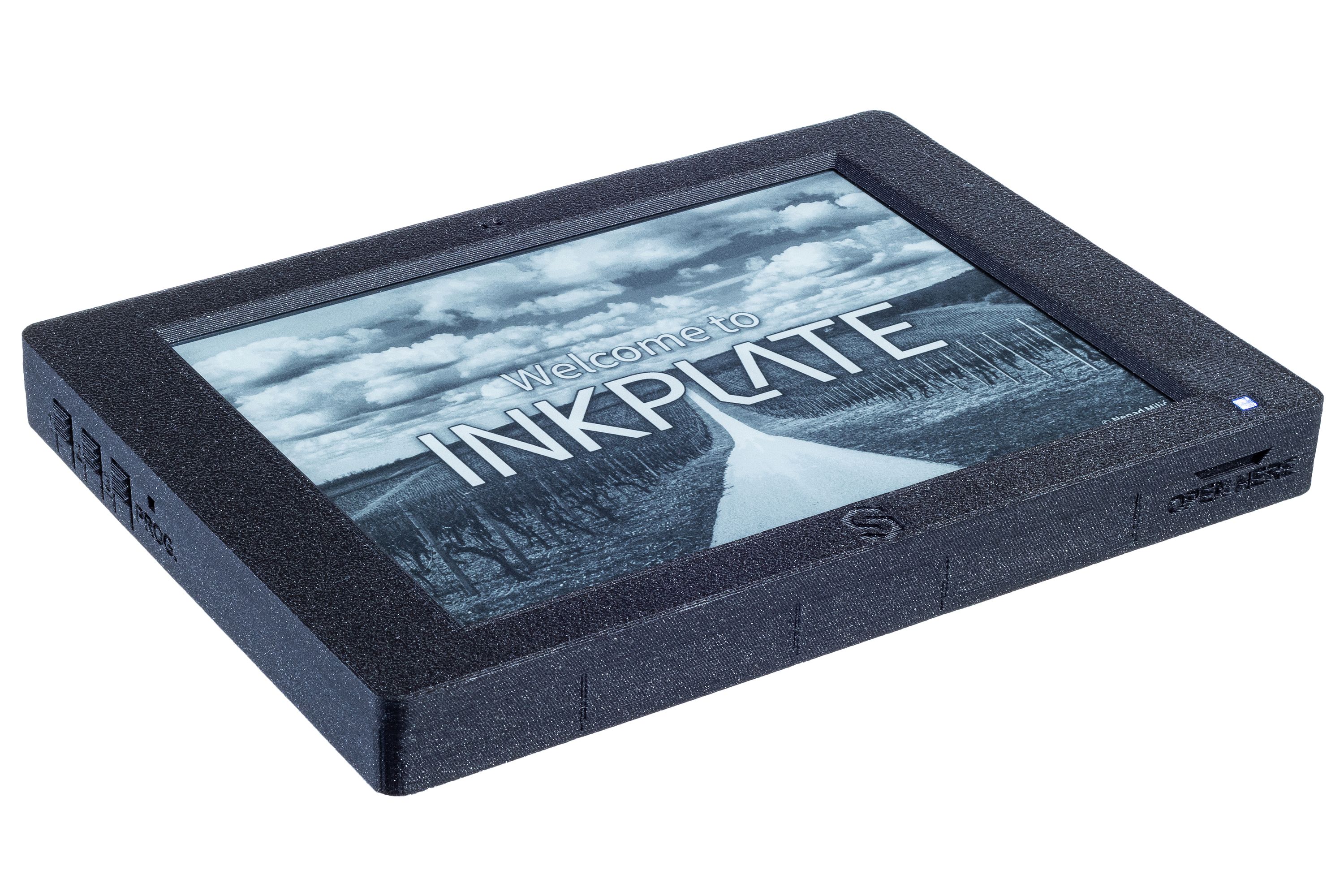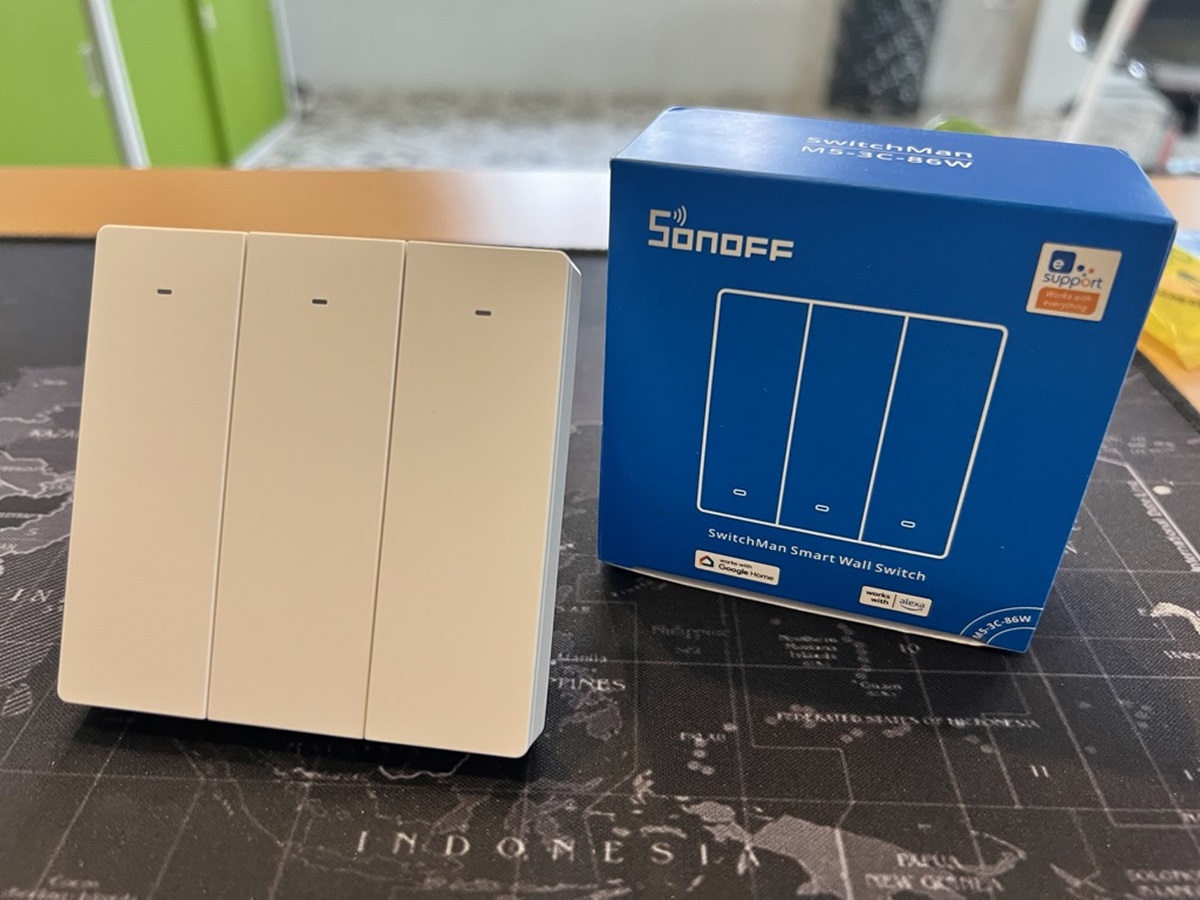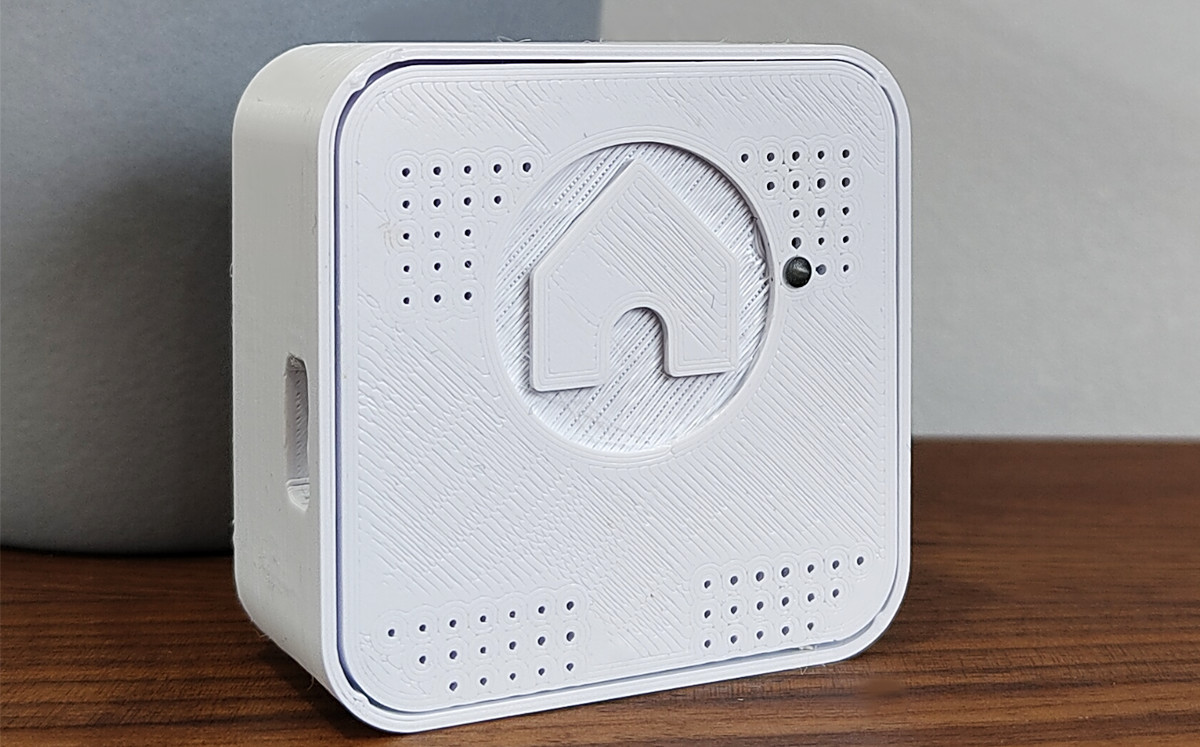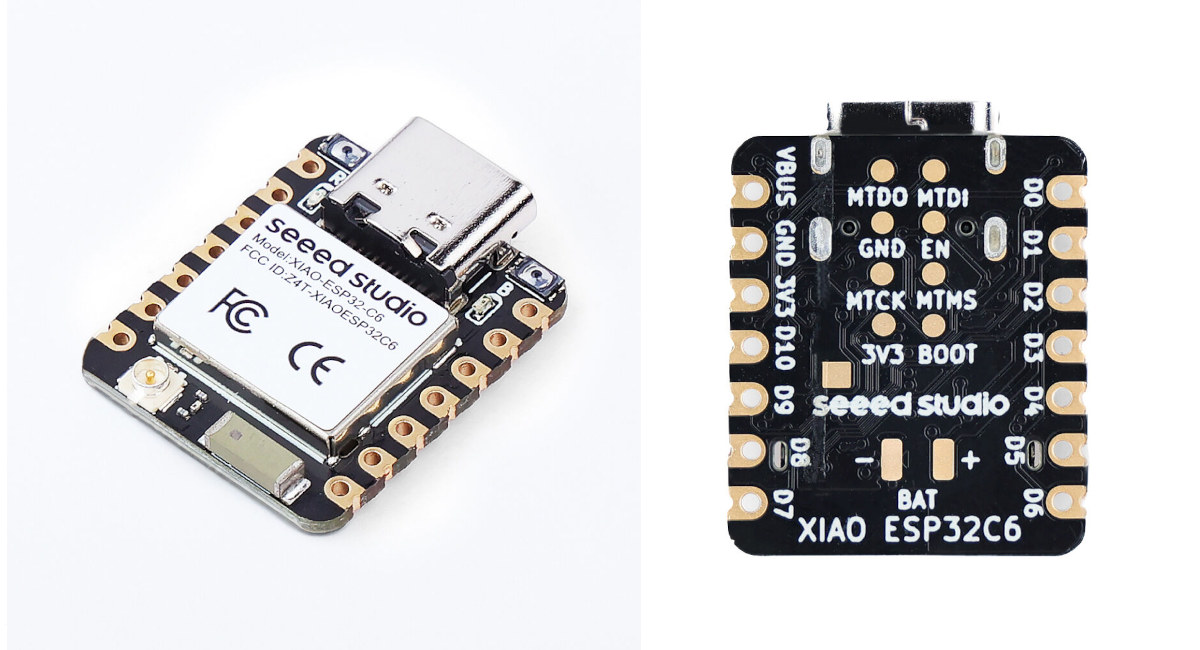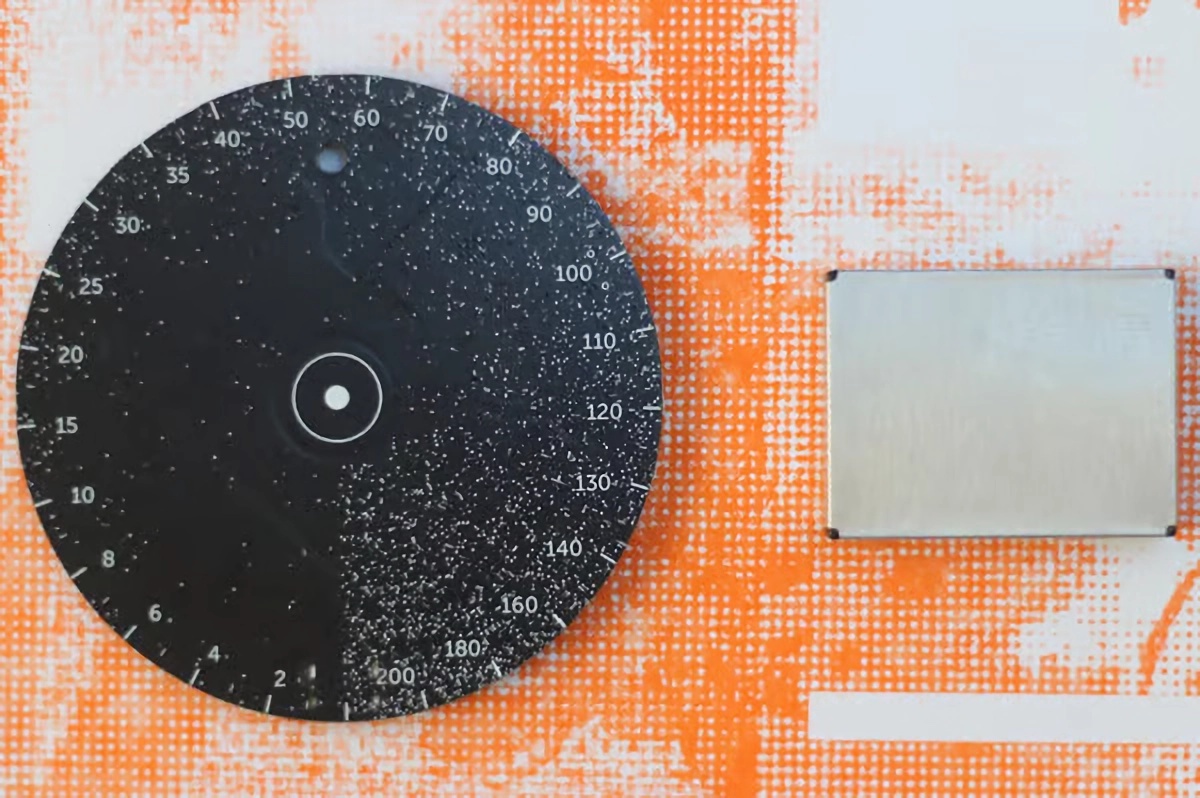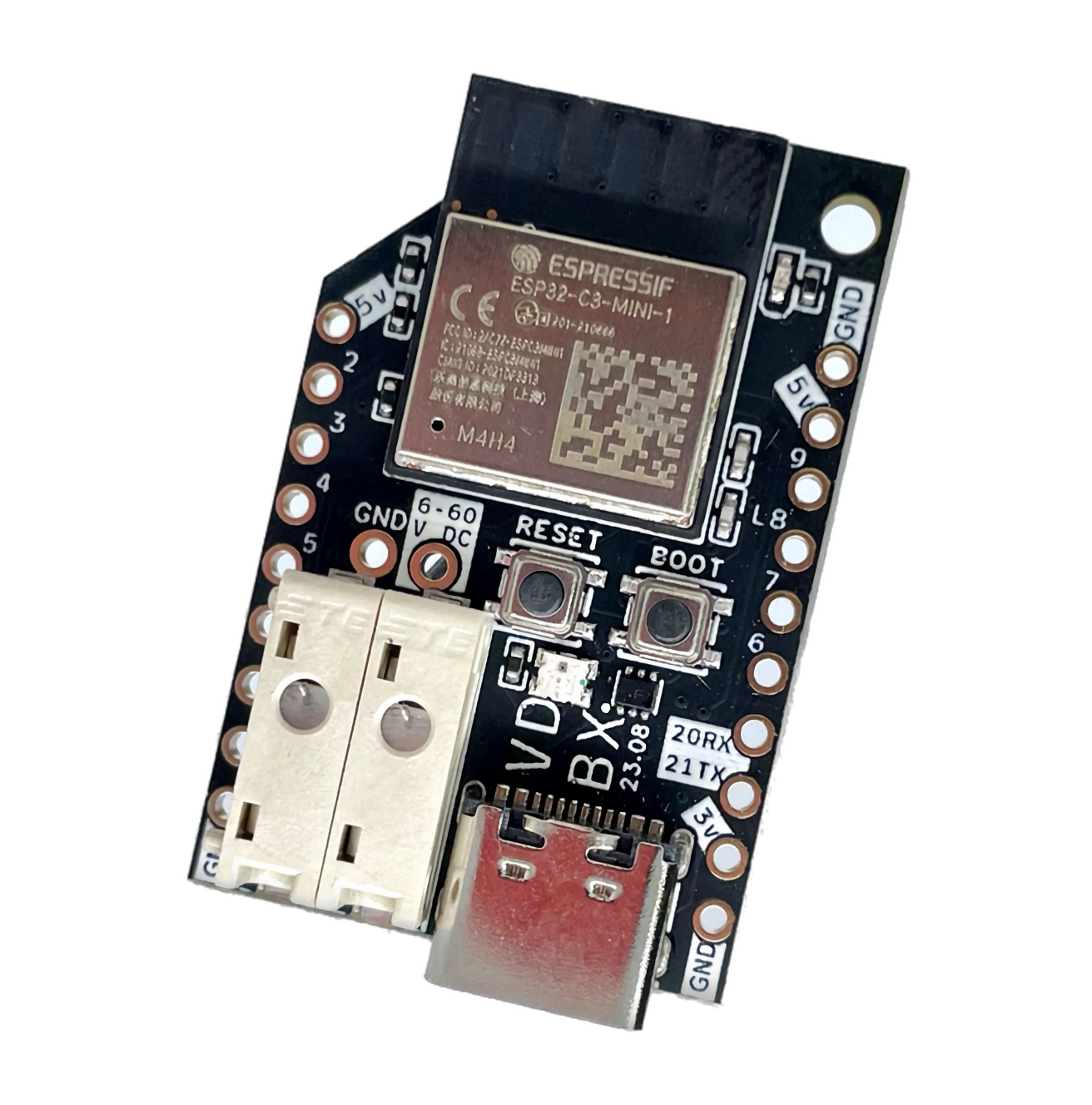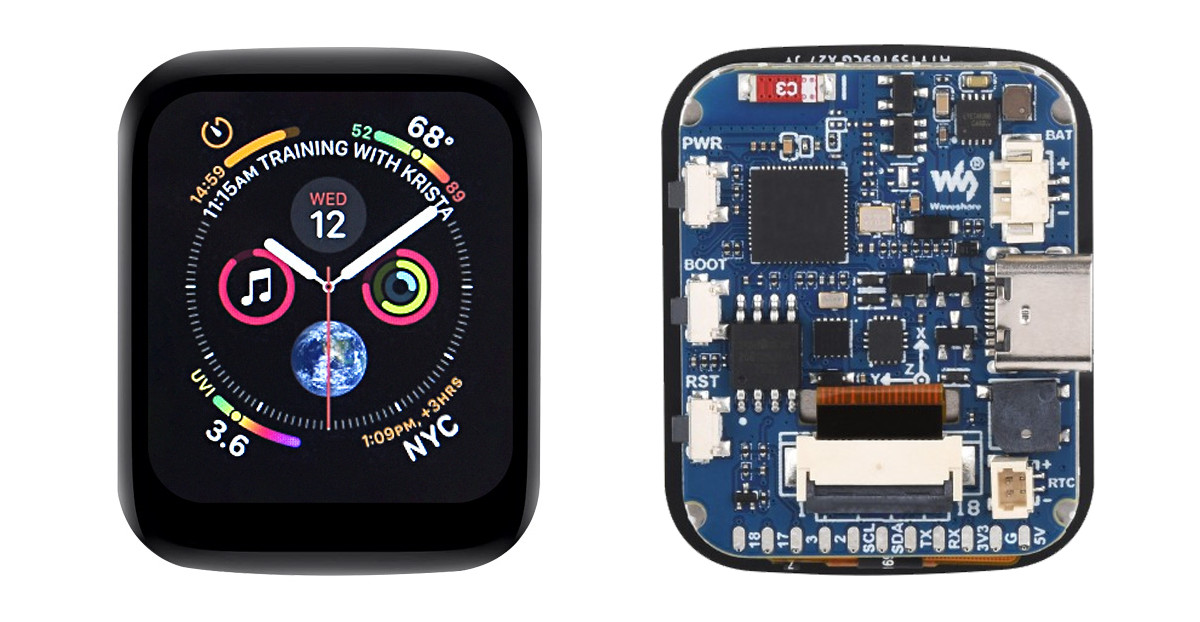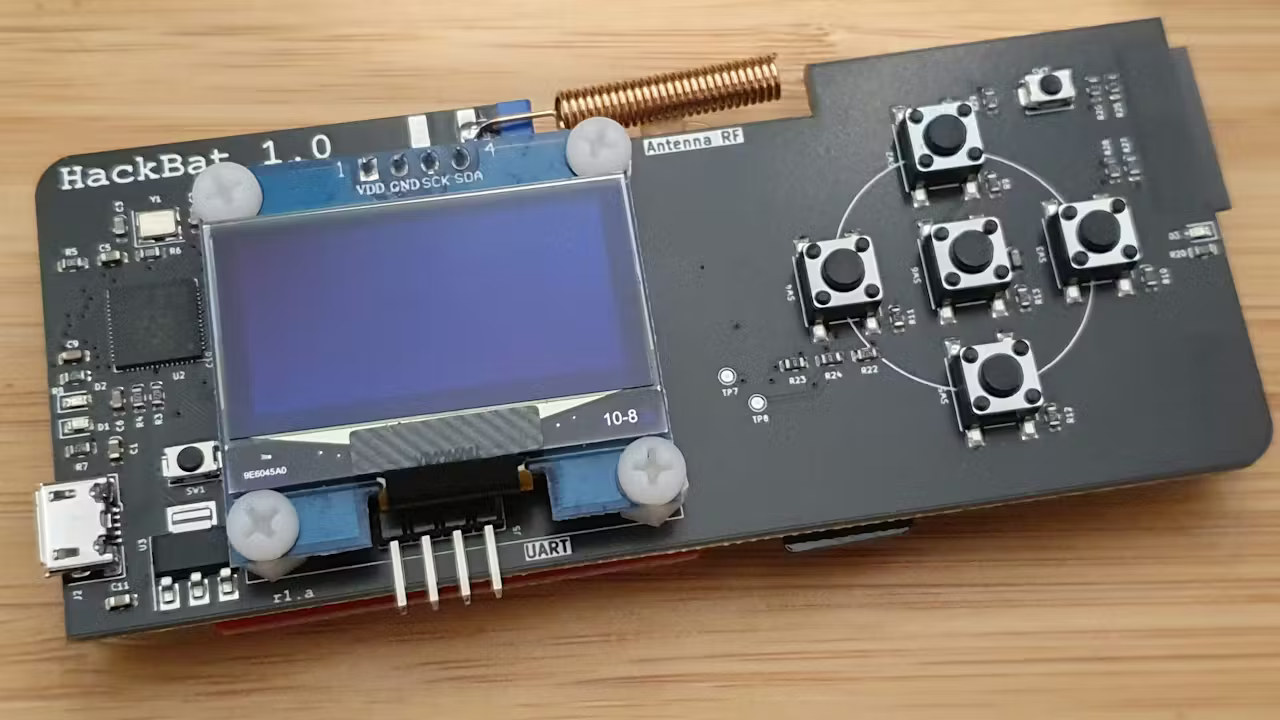The Inkplate 6 MOTION is a new product from Soldered Electronics in their Inkplate series of wireless e-paper displays. It is a 6-inch e-paper display with a partial refresh rate of 11fps which reduces obvious latency in rendering dynamic content such as videos, animations, and scrolling text. The display is driven by an STMicroelectronics dual-core STM32H743 microcontroller, with an ESP32-C3 as a secondary processor. It features Wi-Fi and Bluetooth for networking and a host of peripheral interfaces for physical connectivity. It includes several sensors such as a rotary encoder for quick navigation, a gravitational accelerometer with a gyroscope for tracking device orientation, and a motion detection sensor. We covered the original Inkplate 6 display when it launched on Crowd Supply in 2019. The Inkplate 6 is much less expensive than the new model but has a lower screen resolution (800 x 600 px) and slower refresh rates (256ms). Furthermore, it […]
SONOFF SwitchMan M5 Matter Review – A Matter Smart Wall Switch tested with eWelink, Apple Home, and Home Assistant
We received the latest Smart Wall Switch from SONOFF, called the SwitchMan Smart Wall Switch-M5 Matter, which we will refer to in short as M5 Matter. This model supports Matter (over WiFi) and is very similar to its predecessor, the SwitchMan Smart Wall Switch-M5, with the addition of Matter. The M5 Matter provides an alternative option for easy integration with other Smart Home platforms that support Matter. This device is the second one from SONOFF to support Matter, we already reviewed the first Matter device, the SONOFF MiniR4M at the end of last year. Matter, developed by the Connectivity Standards Alliance (CSA), is supported by major companies such as Apple, Amazon, Google, LG, and Samsung, as well as other smaller companies. It could be a boon for Smart Home enthusiasts seeking a universal communication standard between devices, offering more choices, less complexity, and potentially lower costs. Let’s take a closer […]
Airlytix ES1 environment monitor runs ESPHome for Home Assistant integration
Airlytix ES1 environment monitor is an ESP32-based environment tracking device that runs ESPHome. The device tracks various environmental parameters like temperature, humidity, air quality (PM1.0, PM2.5, PM4, PM10, VOCs, NOx, CO2), barometric pressure, ambient light, and noise levels. To make things even more interesting, the device ships with a compact 3D printed case and can be integrated with Home Assistant for smart home automation. Previously we have written about similar environment monitor devices like the Sonoff SC WiFi, V-Air Monitro, and devices like Arduino MKR IoT Carrier Rev2, Radair mini gateway, and Nicla Sense ME designed for environment monitor applications. Airlytix ES1 environment monitor specifications MCU – Unnamed ESP32 module for Wi-Fi connection Particulate Matter Mass Concentration: 0-1000μg/m3 Mass Concentration Size: PM1.0, PM2.5, PM4, PM10 Mass Concentration Precision: +/-1.25μg/m3/year VOC & NOX VOC Index Precision: <+/-15% VOC Index m.v. NOX Index Precision: <+/-50% NOX Index m.v. CO2 Measurement Range: 400-5000ppm […]
Tiny XIAO ESP32C6 WiFi, BLE, and 802.15.4 IoT board offers up to 16 GPIO pins
Seeed Studio has added yet another member to their XIAO board family with the XIAO ESP32C6 powered by an ESP32-C6 WiFi 6, Bluetooth LE 5, and 802.15.4 (Thread/Zigbee) RISC-V microcontroller and offering up to 16 GPIOs (headers + pads) in a tiny 21 x 17.5 mm form factor that’s smaller than a typical stamp and makes it one of the smallest ESP32-C6 boards around. The company started the XIAO family with the Seeeduino XIAO (Microchip SAMD21G18) in 2020, and since then they’ve made several other variants with different processors including the XIAO RP2040, XIAO ESP32C3, and XIAO ESP32S3. The XIAO ESP32C6 is the latest (10th) iteration of the board and the first to support WiFi 6, BLE, and 802.15.4 wireless connectivity. XIAO ESP32C6 specifications: Wireless MCU – Espressif Systems ESP32-C6 CPU Single-core 32-bit RISC-V clocked up to 160 MHz Low-power RISC-V core @ up to 20 MHz Memory – 512KB […]
Compact ESP32-S3 based air quality sensor uses an LED dial to tell how clean your air is (Crowdfunding)
If you are curious about the air quality in your area, then Studio LUFF Air Quality Sensor might be just the thing for you. It is designed to be affordable, open-source, portable, and customizable. Studio LUFF is a design practice based in California, United States composed of Pierluigi Dalla Rosa and two others. Collectively, they “advocate for an alternative approach to technology that is driven by curiosity, creativity, community and sustainability.” The Air Quality Sensor is their first product. The Air Quality Sensor is powered by an ESP32-S3 microcontroller and uses a Plantower PMS7003 particulate matter sensor module to measure air quality. It looks like a small, black disk with AQI (air quality index) values that run from 0 to 200. An LED dial is mounted on the back of the device which reflects on the wall to display the current air quality index in the area. The project was inspired […]
FLIP_C3 ESP32-C3 board takes up to 60V DC input, ships with ESPHome firmware
Voidbox FLIP_C3 is an open-source hardware board powered by an ESP32-C3 WiFi & BLE microcontroller that takes up to 60V DC power input feeding a 5V/2A DC-DC step-down converter and flashed with ESPHome firmware by default for Home Assistant support. The board incorporates a push-in spring release connector which means stranded (ferrules or tinning are suggested) and solid wires can be used in deploying the device in off-grid/battery-powered systems with up to 16s LiFePO4 delivering 48V through the 6-60V input port on the ESP32-C3 board. The onboard WS2812B LED can be used as a null pixel/level shifter for longer strings of addressable pixels. The ESP32-C3 – due to its support for Wi-Fi and BLE connectivity – is a popular SoC for IoT solutions and powers home and industrial automation devices such as NanoCell v2.1, Spark Analyzer, LOLIN C3 Pico, and the LILYGO T-RSC3. It is built for home automation applications […]
ESP32-S3 1.69-inch touch display features 6-axis IMU, RTC, UART, and more
The Waveshare ESP32-S3 1.69-inch touch display is a development board that uses an ESP32-S3 as the main controller. The board features a 240×280 touchscreen LCD that supports 262K colors and is equipped with an accelerometer, gyroscope, RTC, battery management IC, and a USB-C port for programming and power. Previously we wrote about the Waveshare ESP32-S3-LCD-1.28 1.28-inch fully rounded LCD screen that is also built around an ESP32-S3 MCU, and we have also recently written about the similar-looking Waveshare 1.69-inch IPS touch LCD with no onboard MCU that is meant to connect to Raspberry Pi, ESP32-S3, Raspberry Pi Pico, Arduino, STM32, and other boards with I2C or SPI interfaces. ESP32-S3 1.69-inch touch display board specifications: Wireless MCU – Espressif Systems ESP32-S3R8. CPU – Dual-core Tensilica LX7 @ up to 240 MHz with vector instructions for AI acceleration. Memory – 512KB RAM, 8MB PSRAM ROM – 384KB Connectivity – 2.4 GHz WiFi […]
HackBat – DIY open-source hardware Flipper Zero alternative features Raspberry Pi RP2040 MCU, ESP8266 WiFi module, RF transceiver…
HackBat is an open-source hardware pen-testing device designed for hackers and makers and equipped with a Raspberry Pi RP2040 microcontroller, an ESP8266 WiFi module, a sub-GHz RF transceiver, NFC, an OLED display, and more… It’s basically a DIY alternative to the popular Flipper Zero wireless hacking tool, that you can produce and assemble yourself. The Flipper Zero was the victim of its own success with the Canadian government (wrongly) claiming it could easily be used for car theft and planning to ban it (status still unclear right now), so Flipper Zero alternatives such as the M1 multitool device got some traction as backup solutions with some extra features. But any closed-source device could eventually be banned, something that’s close to impossible for an open-source hardware device like the HackBat although policymakers could still decide to impose heavy fines if they wanted to make this type of device illegal… HackBat key […]


